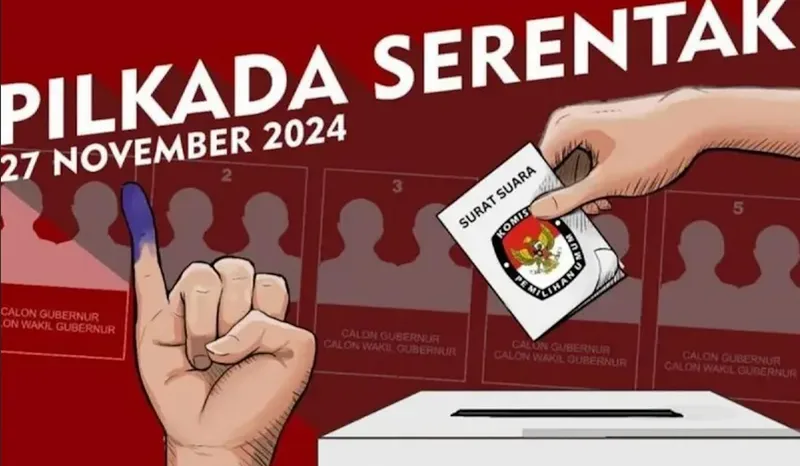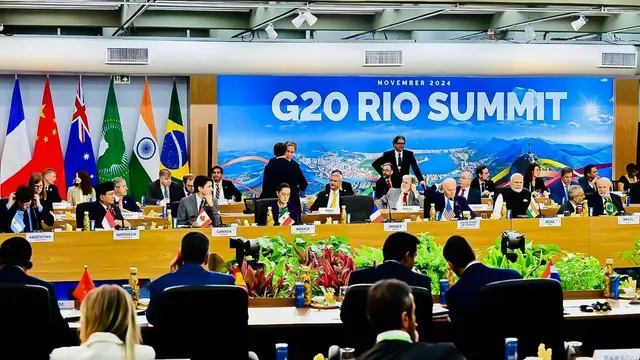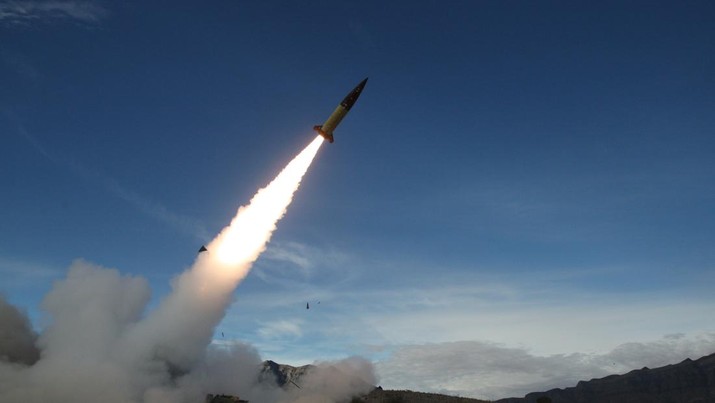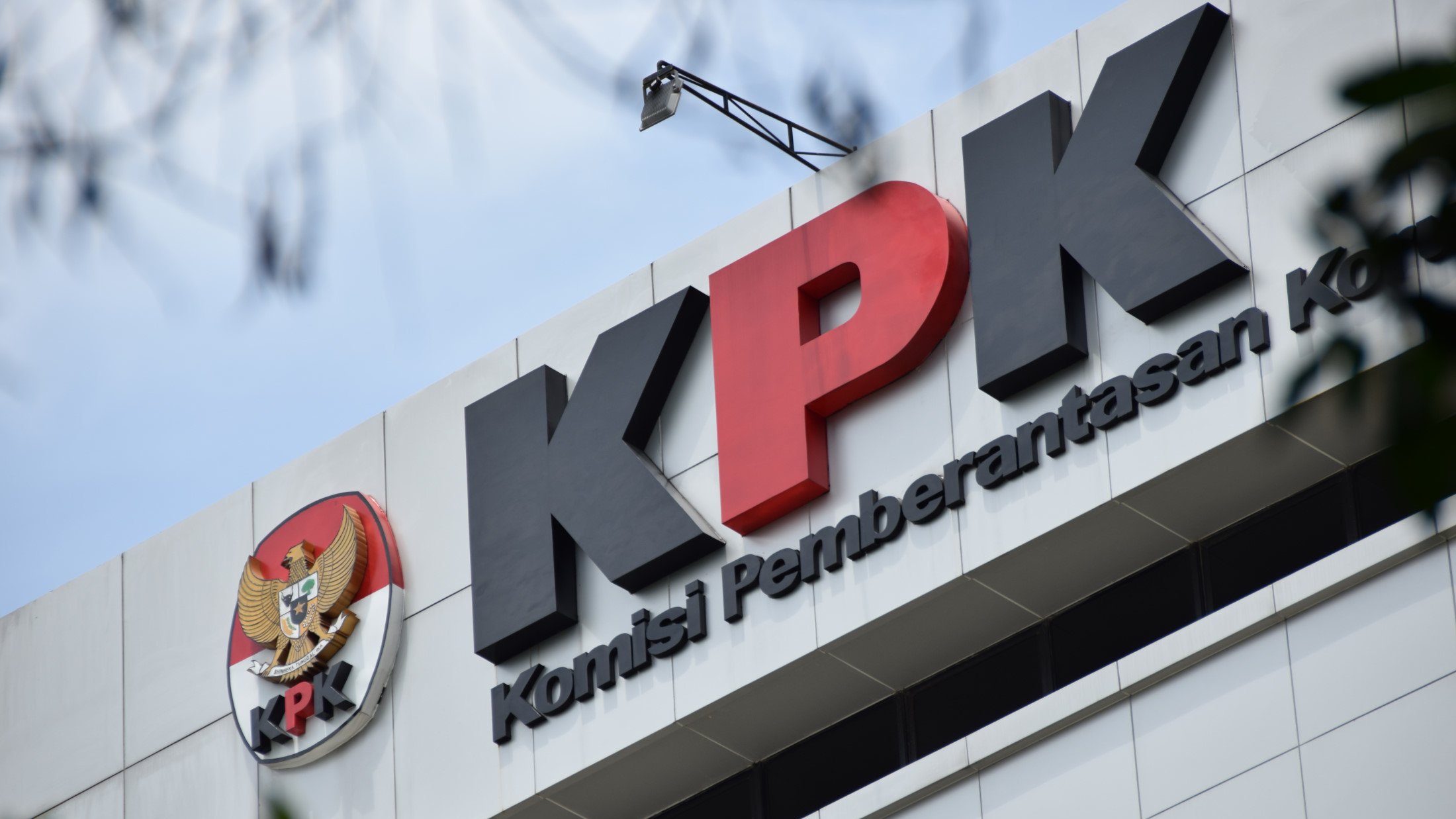On November 27, the Indonesian people will hold simultaneous regional head elections for the first time throughout Indonesia. 541 new regional leaders will be elected. Although considered more democratic and saves the state budget, the simultaneous general election system (elections and regional elections) in the reform era has increased the practice of money politics both at the national and regional levels.
Director of the Indonesian Political Indicator survey institute, Burhanuddin Muhtadi and professor of Political Science at UIN Syarif Hidayatullah, Burhanudin Muhtadi said that the simultaneous elections and regional elections have created a culture in society that increasingly justifies the practice of money politics.

“There is a consistent trend showing that after the simultaneous elections and regional elections were held since 2019, the public increasingly considers money politics to be something normal. Meanwhile, voters who do not consider money politics to be unreasonable have actually decreased,” he said at the National Seminar ‘Realizing an Innovative, Integrity-Based, Aspirational, and Efficient Election System’ in Jakarta on Wednesday (20/11).
Burhan explained in his latest research, there has been an increase in tolerance for political practices in society of up to 16 points since the first simultaneous elections were held in 2019 until now. “Before the simultaneous elections, voters who considered money politics to be normal in the election were in the range of 30 percent. This increase occurred at all provincial/district/city levels to national and foreign electoral districts without exception,” he explained. Furthermore, Burhan explained that in the 2024 Pilkada, the practice of money politics has actually been considered as something that is normal by voters or has become a new normalization.
How does the society react?
“So the cost of politics is getting more expensive, and if you don’t have money, don’t expect to become an elected public official,” he said. Not only that, Burhan explained that the existence of the normalization of money politics in society also has an effect on the increasing effectiveness of the relationship between giving money and increasing vote acquisition. “Since the simultaneous elections were held, voters who are offered money politics will accept the money and will choose whoever gives it. Meanwhile, voters who are offered money politics will accept the money but will not vote or are called opportunist voters, are actually decreasing,” he said.
Burhan also tested statistically that the simultaneous elections not only increased the permissive attitude towards money politics and increased the effect of money politics in influencing choices, but also increased the cost of money politics. “Previously, the practice of money politics of Rp91,000 to Rp100,000 when the general election and regional election were held separately could influence and shake 60 percent of voters. However, after the simultaneous elections were held, the Rp100,000 only had an influence on 30 percent of voters. So that means that currently the price of voters in the practice of money politics is getting more expensive,” he explained.
The practice of fairness towards the increasing practice of money politics is caused by the large number of candidates in one election period, which will further increase the offer of money politics. “The simultaneous election increases money politics because it is carried out at the same time, while we know that in total there are hundreds of thousands of legislative candidates and other candidates in the center and regions. The more players, the more offers of money politics,” explained Burhan.
In addition, Burhan also mentioned that the simultaneous election which produces many candidates at one time will also make the supervisory function more difficult because of the poor resources in election organizers such as Bawaslu or in civil society such as Perludem and others.
“The simultaneous election at the same time, the candidates are overflowing but the supervisory resources that must regulate this are the same so that the supervisory function will not run optimally,” he said. Money Politics Still a Challenge Meanwhile, the Chairman of the Election Supervisory Body (Bawaslu) Rahmat Bagja, said that money politics is still a challenge and the most vulnerable problem in the implementation of the 2024 simultaneous regional elections.
“Money politics from time to time has become the most vulnerable thing. I hope that the candidate team will not play money politics in the regional election campaign and will not provide any form of gifts that are related to the practice of money politics because the source of this is my friends,” he said. In addition to appealing to the candidate pair, Bagja also asked the public not to ask for money in return from regional leader candidates who are campaigning.
He also said that perpetrators, both givers and recipients of money politics practices, can be subject to criminal sanctions in accordance with the applicable legal umbrella. He expressed his hope that the public would voluntarily choose the candidate pair who are believed to be the best choice without being influenced by money politics.





Leave a Reply